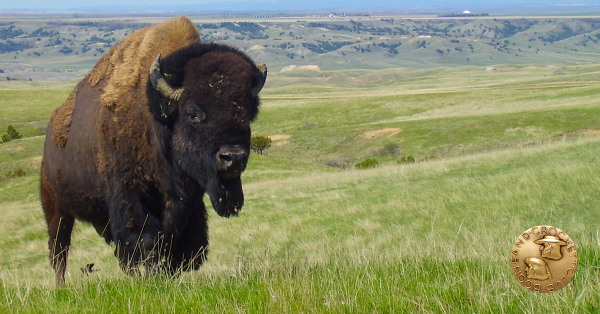Senate Amendment Would Help Hunters Access Public Lands
MISSOULA, Mont.Sen. Jon Tester (D-Mont.) and Sen. John Thune (R-S.D.) today offered a package of sportsmen?s bills in an amendment to the Farm Bill legislation. One piece of the amendment guarantees funding for improving hunter access to existing public lands. This bipartisan amendment is supported by the Boone and Crockett Club, Congressional Sportsmen?s Foundation and other hunting organizations.
The National Shooting Sports Foundation, the trade association for the firearms and ammunition industry, will file to intervene in the frivolous lawsuit brought today by the Center for Biological Diversity and six other groups to pressure the Environmental Protection Agency to ban traditional ammunition containing lead components.
The EPA already has twice denied petitions filed by CBD to ban traditional ammunition, noting correctly that it does not have the authority to regulate traditional ammunition under the Toxic Substances Control Act.
“This is a frivolous lawsuit clear and simple,” said Lawrence G. Keane, senior vice president and general counsel for NSSF. “There is no sound science that shows the use of traditional ammunition has harmed wildlife populations or that it presents a health risk to humans who consume game taken with such ammunition.”
The amendment directs the U.S. Forest Service and Bureau of Land Management (BLM) to acquire rights of way and other land interests from willing-seller landowners to open access to existing public lands where public access for hunting and fishing is closed. The amendment also protects ammunition from lawsuits designed to force the Environmental Protection Agency to ban lead in ammunition and fishing tackle. Also benefitting hunters, the amendment provides funds for states to create public shooting ranges. For duck hunters, the amendment reauthorizes the Duck Stamp Act and the Wetlands Conservation Act – both instrumental in preserving waterfowl habitat.
History shows conservation happens when and where hunting and fishing are allowed; this amendment, if enacted, will provide better access to our national forests and BLM lands for hunting and fishing, and will protect many critical elements of the hunting experience. It is a homerun for hunters and we will work to get it enacted into law, said Ben Wallace, president of Boone and Crockett Club.
For the 32 million American hunters, anglers and recreational shooters, federal public lands are increasingly vital to their participation in outdoor sports. Nearly half of all hunters, for example, conduct a portion of their hunting activity on public lands. Reduced access is cited as a primary reason that hunters, anglers and target shooters stop participating in these traditional sports. A 2004 report to the U.S. House Committee On Appropriations concluded that more than 35 million acres of Forest Service and BLM lands have inadequate access. Specifically, nearly 2 million acres (10 percent) of Forest Service lands in Montana and 8.4 million acres (29 percent) of BLM lands in the Montana/Dakotas region were identified as having inadequate access.
Sportsmen and women make important contributions to both wildlife conservation and the nation?s economy. The hunting and shooting sports industries create over 160,000 full-time jobs nationwide, generating an economic benefit of over $20 billion annually.
About the Boone and Crockett Club
Founded by Theodore Roosevelt in 1887, the Boone and Crockett Club promotes guardianship and visionary management of big game and associated wildlife in North America. The Club maintains the highest standards of fair-chase sportsmanship and habitat stewardship. Member accomplishments include enlarging and protecting Yellowstone and establishing Glacier and Denali national parks, founding the U.S. Forest Service, National Park Service and National Wildlife Refuge System, fostering the Pittman-Robertson and Lacey Acts, creating the Federal Duck Stamp program, and developing the cornerstones of modern game laws. The Boone and Crockett Club is headquartered in Missoula, Mont. For details, visit www.boone-crockett.org.








